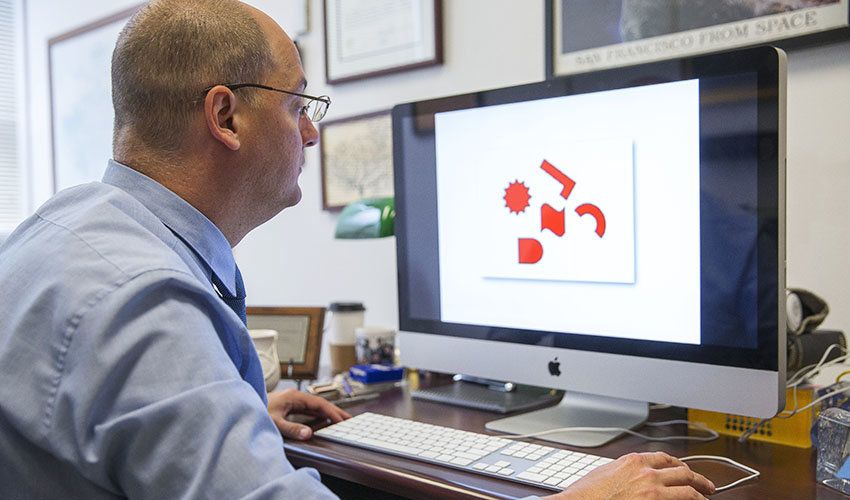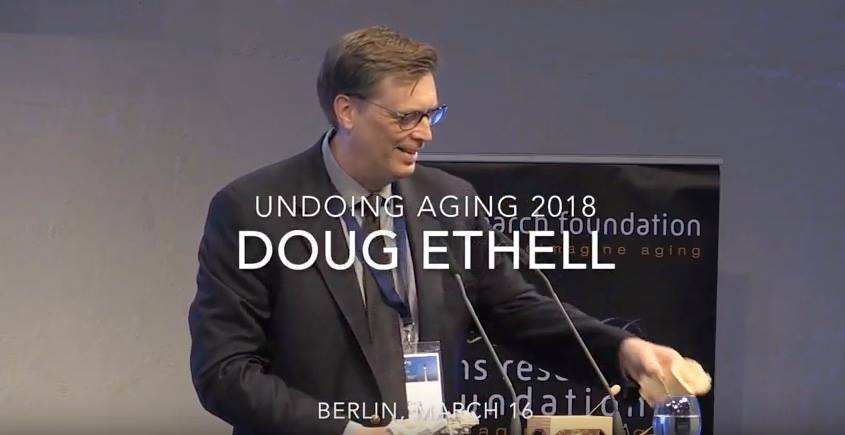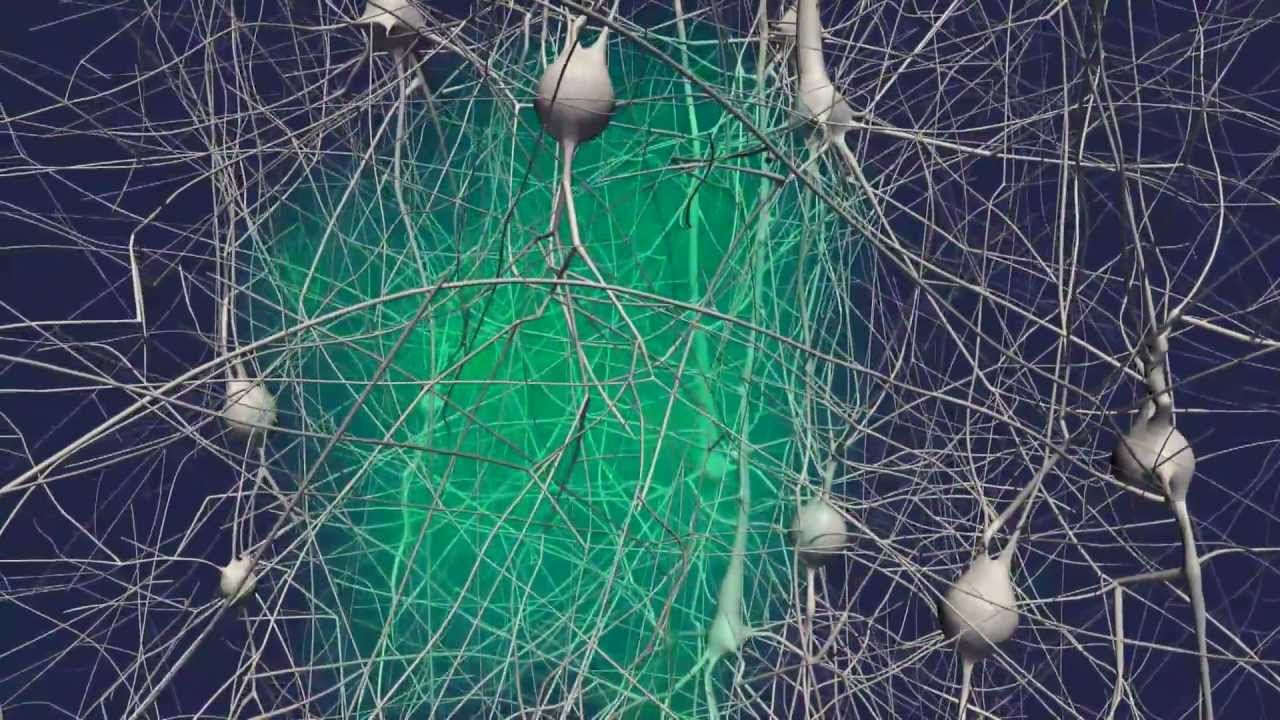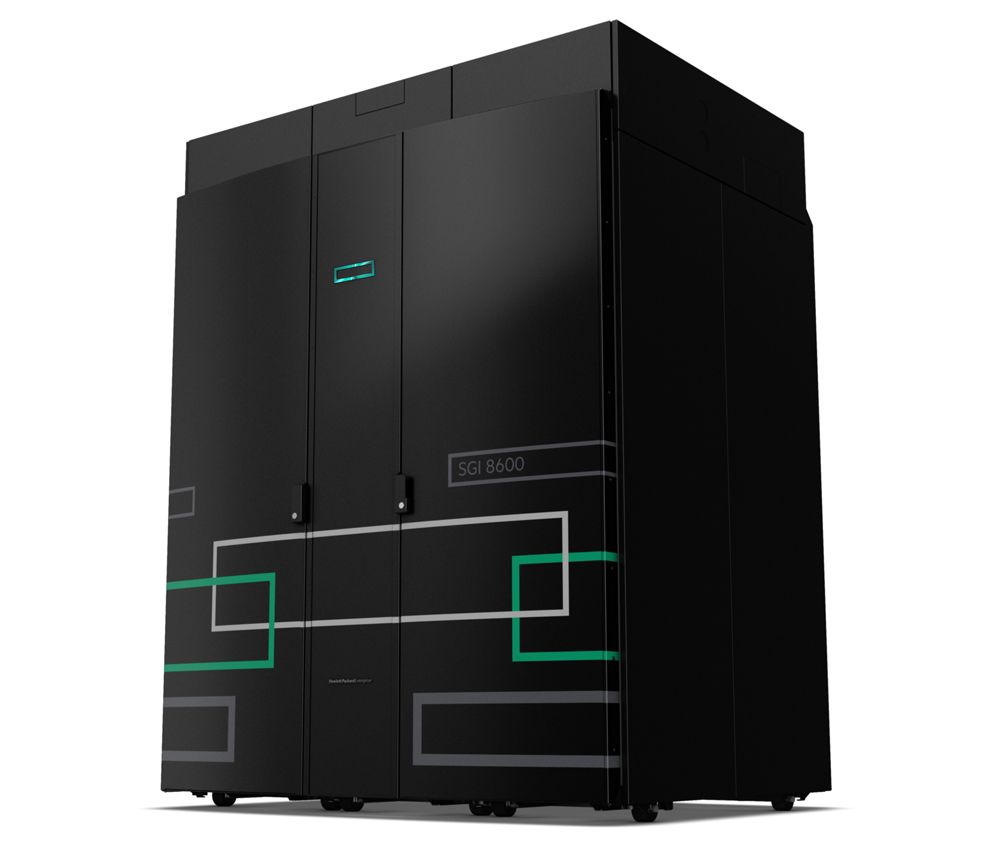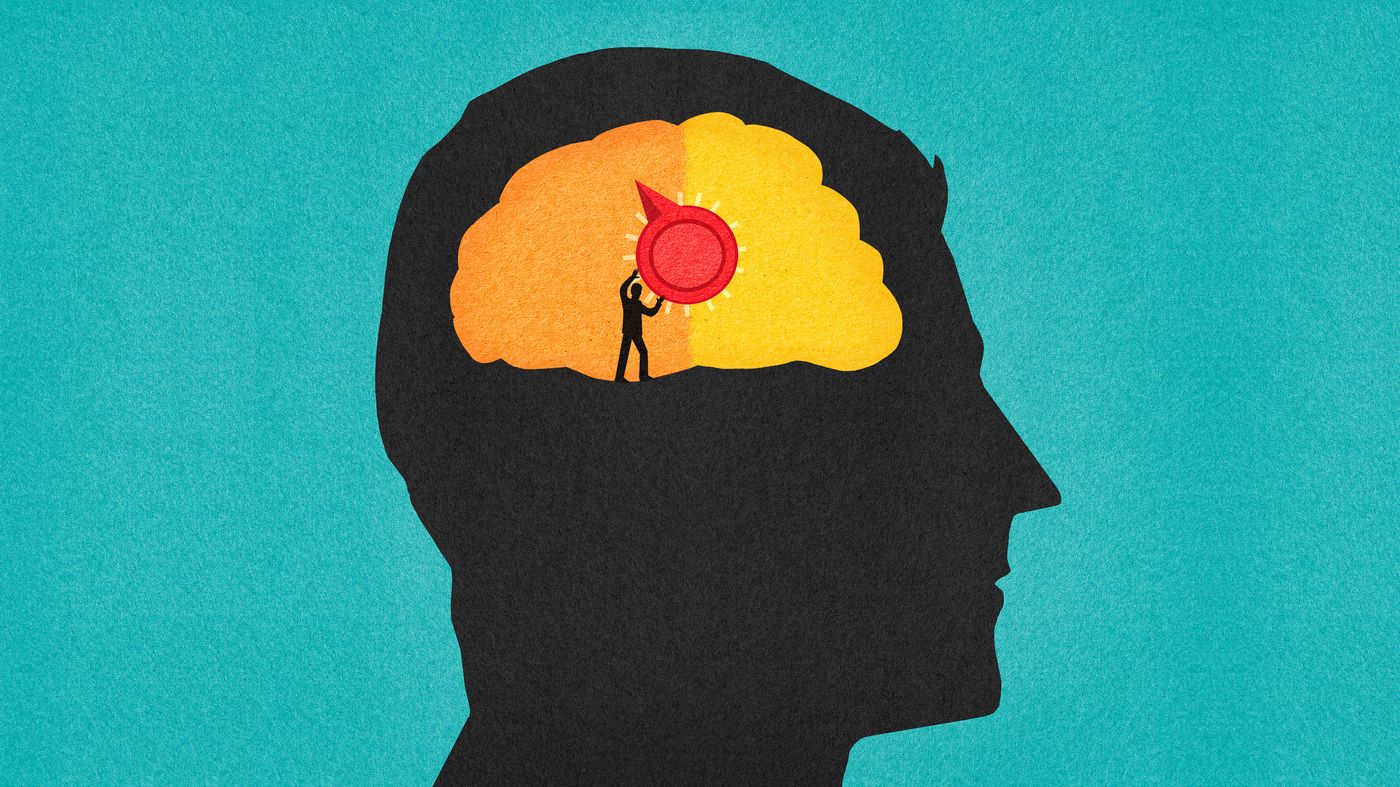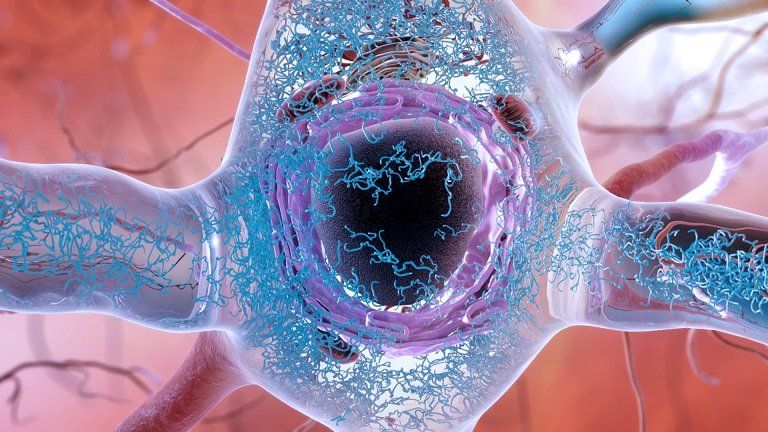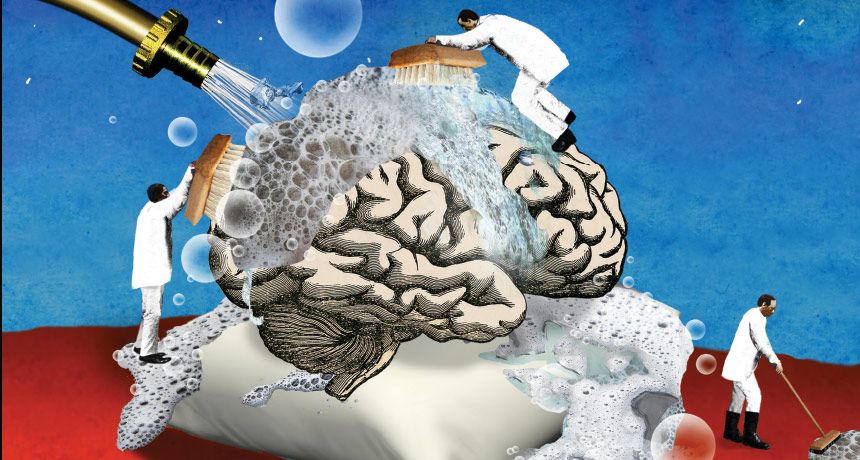Jul 23, 2018
Researchers explore how information enters our brains
Posted by Shailesh Prasad in category: neuroscience
Think you’re totally in control of your thoughts? Maybe not as much as you think, according to a new San Francisco State University study that examines how thoughts that lead to actions enter our consciousness.
While we can “decide” to think about certain things, other information—including activities we have learned like counting—can enter our subconscious and cause us to think about something else, whether we want to or not. Psychologists call these dispositions “sets,” explains SF State Associate Professor of Psychology Ezequiel Morsella, one of four authors on a new study that examines how sets influence what we end up thinking about.
Morsella and the other researchers conducted two experiments with SF State students. In the first experiment, 35 students were told beforehand to not count an array of objects presented to them. In 90 percent of the trials, students counted the objects involuntarily. In a second experiment, students were presented with differently colored geometric shapes and given the option of either naming the colors (one set) or counting the shapes (a different set). Even though students chose one over the other, around 40 percent thought about both sets.
